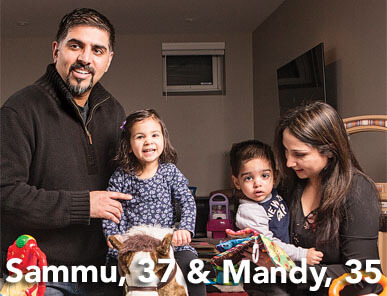How to achieve financial goals with your spouse
Shannon and Marcin have different approaches to managing money. Here's the plan
Advertisement
Shannon and Marcin have different approaches to managing money. Here's the plan




Share this article Share on Facebook Share on Twitter Share on Linkedin Share on Reddit Share on Email